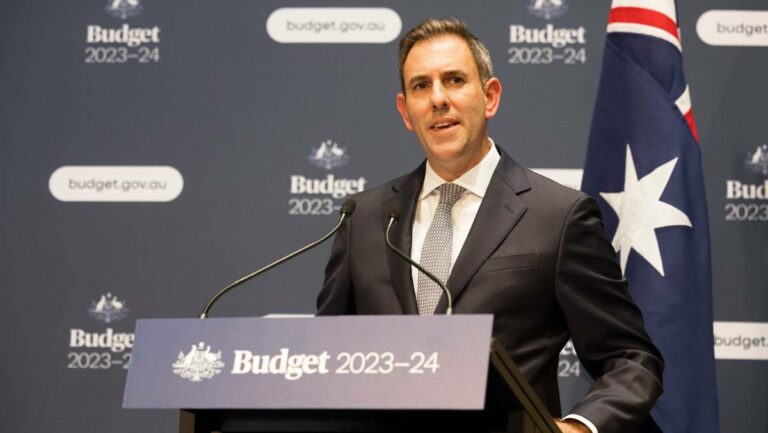You’ve heard it said a million times… Real estate could be the key to your financial freedom.
Unfortunately, when they begin to consider property investment, most people only focus on the property they want to purchase.
Nevertheless, it’s imperative that you are financially organised. The truth is that most people don’t have a budget or clear goals and objectives; thus, they mismanage their finances.
A huge mistake is not having a clear budget and a plan before finding an investment property.
Structuring your loans and finances effectively can save you hundreds of thousands in interest. You need to seek professional advice around the most optimal way to structure your finances and not just go to the bank your everyday accounts are with.
What you need to consider
When it comes to investment, it’s important to consider how much income your investment(s) will generate. For example, will the inflow be able to cover the outflow?
And while it’s never fun to think about, don’t forget to account for any contingencies, such as extended vacancy periods or unexpected maintenance costs.
You’re more likely to avoid any nasty surprises by underestimating your income and overestimating your expenses.

6 areas to include in your financial organisation.
- Earnings. Create a list of all your income sources – work, investment, rental, or otherwise. The goal is to understand what you earn in a given year before you account for any work-related deductions and taxes.
- Taxes. Always have a copy of your most recent tax returns handy. You want to look at things like your income sources, the deductions you are claiming (standard deduction versus itemised deductions), any tax credits you qualify for, and the amount of your refund or shortfall.
- Savings. List all your bank accounts—checking, savings, and anything else you may have. Keep track of the bank, the type of account, and any interest you may be earning.
- Borrowing and debt. Create a list of any outstanding debts you have including, but not limited to, mortgages, car loans, student loans, and credit cards. You want to list to whom you owe money, the balance, interest rate, monthly payment, and when your final payment will be due.
- Insurance Policies. For insurance, list all of your policies. This includes life, disability, health, and insurance on things you own, like your home or car.
- Investments. If you have investments, make a list of all investment accounts you have. Include your superannuation account and any taxable investment accounts you may have. If you have children, you can also include those accounts—like an education savings plan. Keep track of the type of account, the balance, and what you own in each (this is good for reviewing your overall investment strategy).
We can help!
If you are considering purchasing an investment property, now is the time to buy. Why? Because loan interest rates are still low. When the interest rates begin to climb, it will cost you tens of thousands if not hundreds of thousands of dollars more. When purchasing a property, it’s important to have someone with the knowledge you need to make the right decision. That’s where we can help!
Ready to start creating passive income with property? Think you’re ready to invest in one or more properties?
We can help! At OneCorp, we walk you through every step of the process at NO cost to you. We create a personalised property strategy and help you find the best opportunities on the market so you know you’re getting the best return.
Getting started on your investment property journey has never been easier:
- We start by helping you set clear goals and objectives as to what you want to achieve through property investment.
- From there, we run the numbers through proprietary software to accurately assess exactly what you need out of a property portfolio to achieve those goals.
- Lastly, we find the perfect property to make those objectives a reality!




